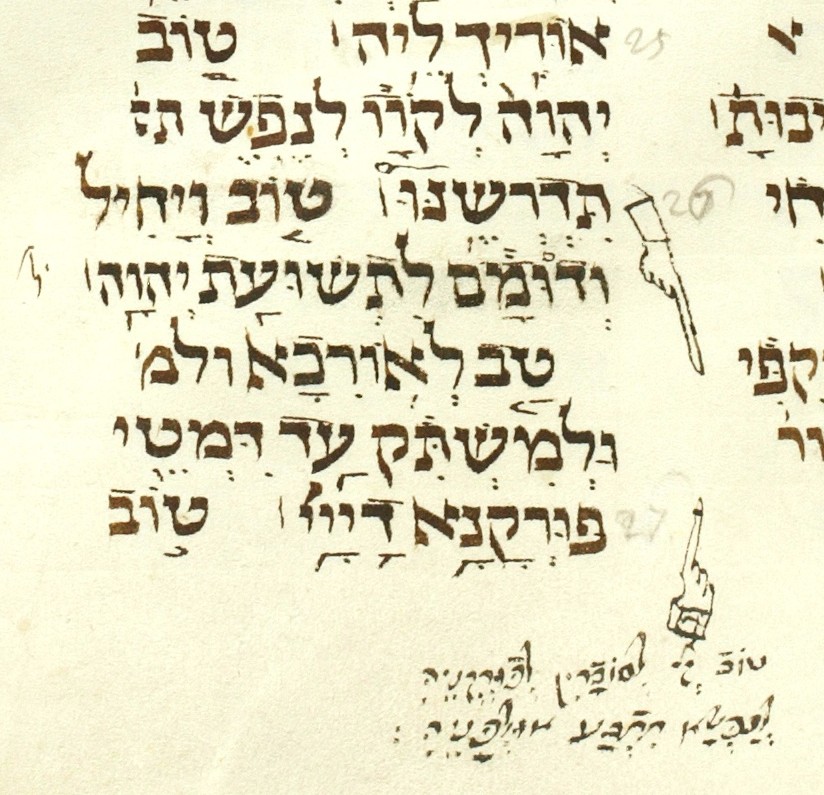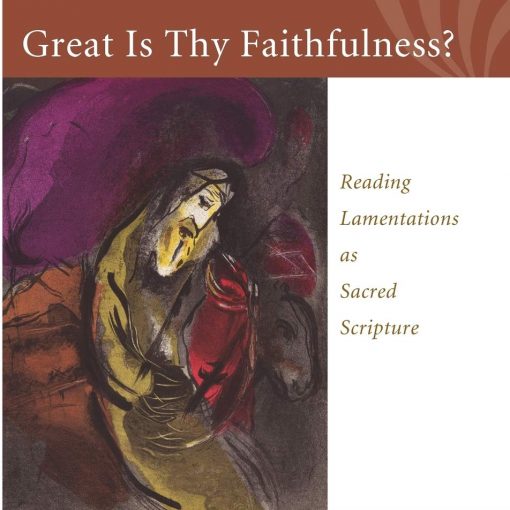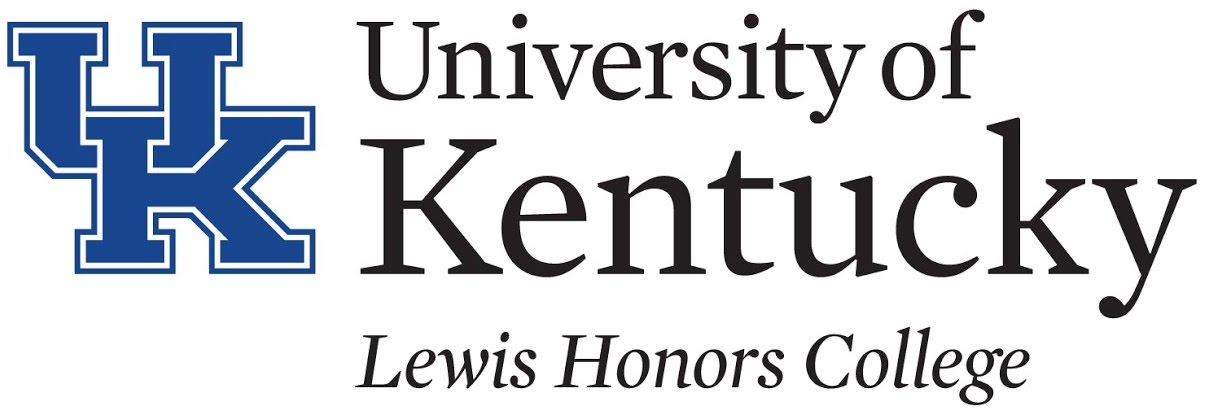A quick review of higher education news highlights.
As I sit with my cuppa tea this morning and read the Chronicle of Higher Ed and Inside Higher Ed a few stories caught my eye.
- Sartorial Study Suggests Professors Should Wear What They Want (subscriber link, this is a free link for 5 days)- A psychology instructor at North Hennipin Community College came to this conclusion after a brief study with four sections of a class. The study clearly has its limits and as the scholar points out, context is everything.
“I work at a college where professors wear a variety of things,” she says, “Some wear suits and ties and others wear shorts, so regardless of which class I was dressing for, I didn’t really stand out.”
That would not be true at every institution, Ms. Konheim-Kalkstein observes. “My husband is going to start teaching at West Point,” she says. “If he showed up in sneakers, I think he would have a much stronger reaction there from his students.”
- Persistent Myths in Feminist Scholarship by Christina Hoff Sommers – This one is charged and no doubt is raising lots of comments on the interwebs. Basically Sommers, who has criticized feminist scholarship before, is pointing out that there are many “facts” put forward in the feminist canon that simply aren’t true. I paid particular attention because at a recent workshop we had here we too were told that “20 to 35 percent of women seeking medical care in emergency rooms in America are there because of domestic violence.” Not true apparently. The CDC reports that it was 0.02% in 2003 and 0.01% in 2005. That is not just statistical error. Sommers is not anti-feminist however. She simply wants to see good scholarship.
All books have mistakes, so why pick on the feminists? My complaint with feminist research is not so much that the authors make mistakes; it is that the mistakes are impervious to reasoned criticism. They do not get corrected. The authors are passionately committed to the proposition that American women are oppressed and under siege. The scholars seize and hold on for dear life to any piece of data that appears to corroborate their dire worldview. At the same time, any critic who attempts to correct the false assumptions is dismissed as a backlasher and an anti-feminist crank.
… False assertions, hyperbole, and crying wolf undermine the credibility and effectiveness of feminism. The United States, and the world, would greatly benefit from an intellectually responsible, reality-based women’s movement.
- The Evidence on Online Education – A new meta-analysis by the Department of Education suggests that online learning has distinct advantages over face-face instruction. Its findings were inconclusive for elementary and secondary ed, they said, but consistently positive in higher ed.
Notably, the report attributes much of the success in learning online (blended or entirely) not to technology but to time. “Studies in which learners in the online condition spent more time on task than students in the face-to-face condition found a greater benefit for online learning,” the report says.
The note above in the IHE summary pointed to something that I have been wrestling with in terms of online education. The question has come up as to whether or not an honors course could be offered online. My instinct is to say “no” but I am not so sure. One of the key elements to an honors seminar is discussion and I have often found in my online courses (I have taught Intro to Hebrew Bible online many times) that because students are required to post to the online discussion board where they have to compose a message the discussion is often more thoughtful and everyone has a chance to be heard. Still mulling on this….
Finally, the Chronicle has “What They’re Reading on College Campuses.” No real surprises here. I had thought about #2 for our college’s summer reading project: Pride and Prejudice and Zombies by Jane Austen and Seth Grahame-Smith





5 thoughts on “Dressing for the classroom, criticizing feminist scholarship, and online education”
I look forward to reading both those publications each morning as well. The third story, “The Evidence on Online Education” touches on a critical component, time. I believe time is a multi-layered component; There’s time on task and time on reflection. Underpinning it all is the quality of the time spent on each of these. Each medium, online or F-2-F has its affordances for producing quality time. The key lies in designing quality time regardless of medium.
Hi – Glad to hear you were considering Pride and Prejudice and Zombies for the curriculum. I’m with Quirk Books, the publisher. I just wanted to let you know that we recently announced our next title in the series, Sense and Sensibility and Sea Monsters. Just thought you might like to know, and possibly add to the canon. If you want to know more or if you’d like a review copy, send us an email at: quirkclassics@gmail.com
Thanks again, and happy reading!
Online education is also good specially if you have very good and talented students.’..
althoug i prefer the interaction of regular education, online education seems to be a good alternative`;~